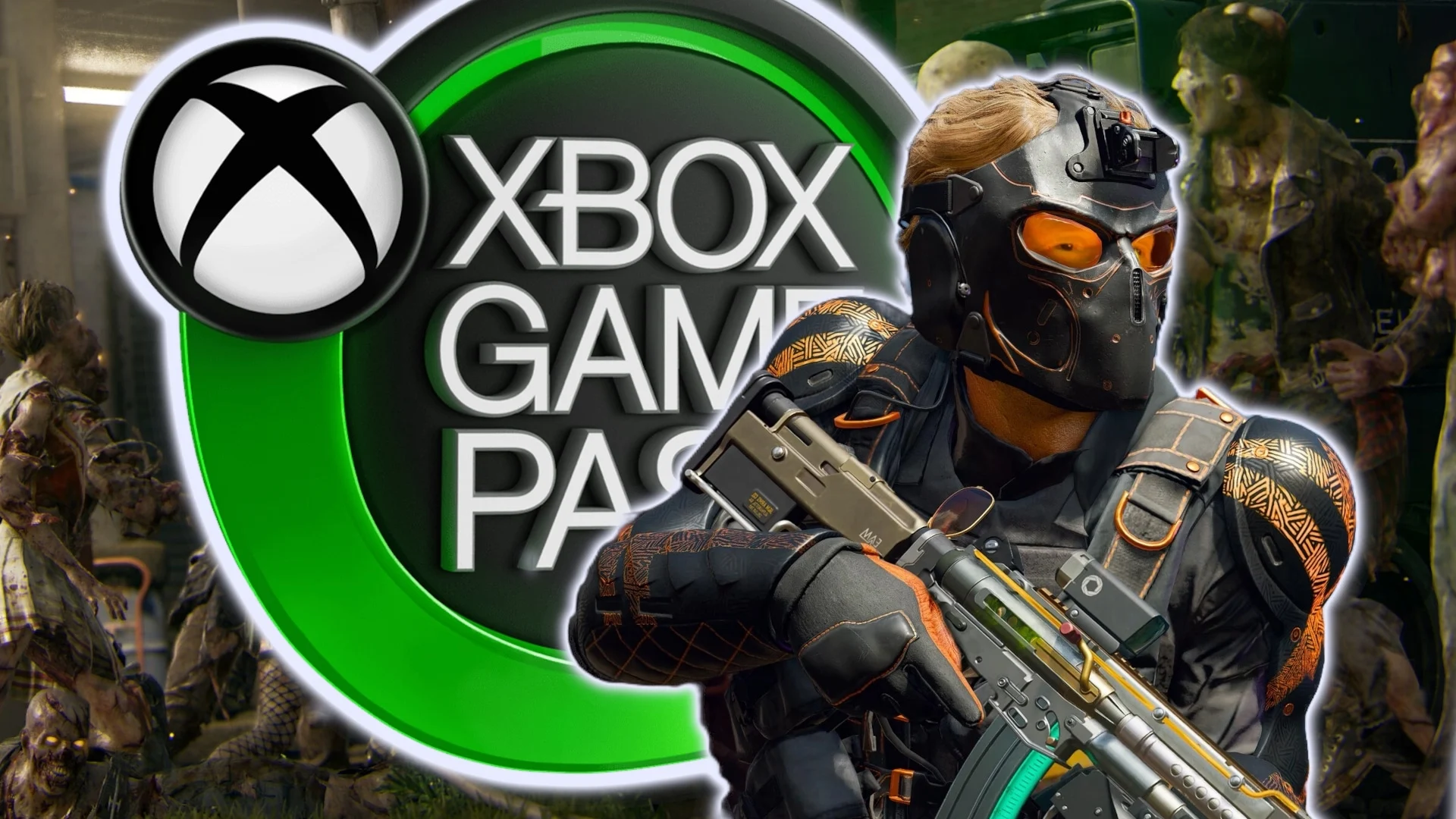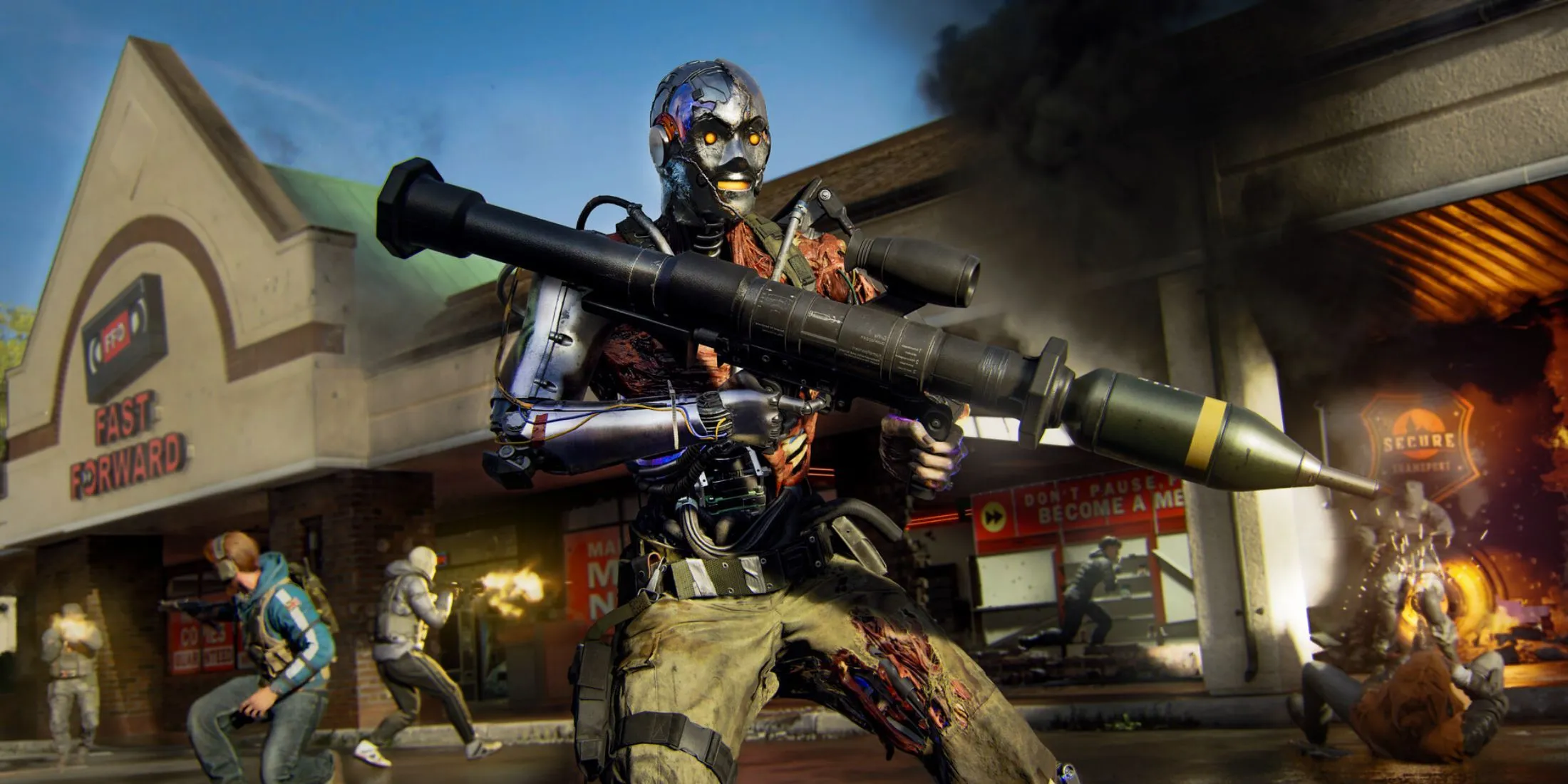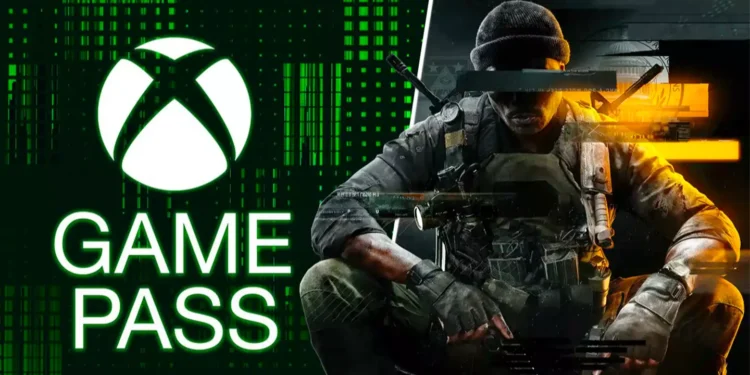When Microsoft finalized its monumental $69 billion acquisition of Activision Blizzard, the gaming community buzzed with speculation about the future of iconic franchises like Call of Duty. The release of Call of Duty: Black Ops 6 as a day-one feature on Game Pass marked a significant pivot in strategy post-acquisition, reflecting a bold new chapter for both Microsoft and the famed gaming series.
Historically, the Call of Duty series has boasted colossal sales figures with each release. However, integrating Black Ops 6 into the Game Pass roster from day one was a considerable risk. It raised eyebrows among industry analysts who forecasted a potential dip in direct sales, particularly on Xbox. The concern was that making the game readily available via subscription at launch might dissuade gamers from purchasing the title outright, impacting the initial revenue spike that typically accompanies a new Call of Duty release.

Surprising Sales Surge on PlayStation and PC
Contrary to the apprehensive projections, Microsoft reported a surprising trend in the wake of Black Ops 6’s release. Sales on PlayStation and PC platforms soared, registering a 60% increase over the numbers posted by 2023’s Modern Warfare 3 during the same post-launch period. This uptick suggests a robust, enduring demand for premium gaming experiences, with players showing a willingness to purchase titles even when they are available on subscription services like Game Pass.
The narrative that emerges is compelling—Game Pass might not cannibalize sales as much as feared but rather serve as a complementary avenue that introduces more players to the game. For those ‘on the fence’ about investing in the latest Call of Duty instalment, the availability on Game Pass offers a no-strings-attached trial. Once hooked, these gamers appear more inclined to commit to a purchase, drawn by the allure of owning the game outright or by the benefits exclusive to the non-Game Pass version.

Keeping Gamers Engaged: The Real Challenge
With Black Ops 6 making a splash on Game Pass and bolstering sales across other platforms, the focus shifts from not just attracting players, but retaining them. The real victory for Microsoft and Activision will lie in their ability to keep gamers engaged long-term with Black Ops 6, transforming initial curiosity into lasting commitment.
The day-one Game Pass release strategy for Black Ops 6 represents a pivotal experiment in the evolution of gaming consumption. Microsoft’s gamble highlights the potential of subscription services to reshape how games are marketed and consumed. Yet, it underscores a broader challenge: converting trial players into loyal fans and maintaining their enthusiasm with compelling content and continual updates.
In the rapidly evolving gaming landscape, where subscription models and free-to-play options jostle for dominance, Call of Duty: Black Ops 6’s strategy may well set a precedent for future blockbuster releases. If Microsoft can not only draw in gamers but also keep them engaged, then the Game Pass model could become a staple approach in launching major titles, influencing industry strategies for years to come.

In conclusion, as the gaming industry watches closely, the success of Black Ops 6 could serve as a benchmark for the viability of subscription-based game launches. If this strategy can consistently convert trial players into paying customers and sustain their engagement, we may be witnessing a transformative shift in how games are delivered and enjoyed worldwide.










